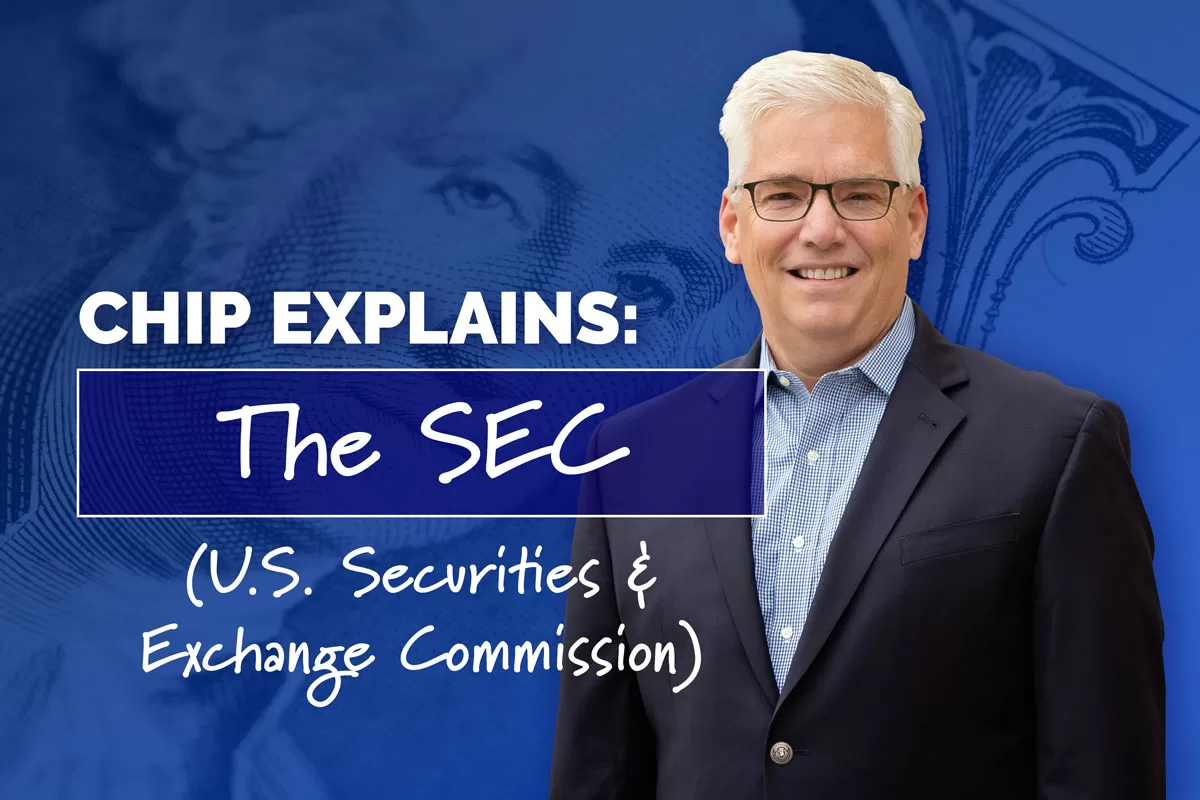Hello, financial enthusiasts! Today, we’re delving into the world of the “SEC,” the U.S. Securities and Exchange Commission. Think of the SEC as the watchful guardian of the financial markets, ensuring fairness, transparency, and investor protection. Let’s unravel the layers of this regulatory powerhouse and understand its pivotal role in the realm of securities.
Table of Contents
SEC: Safeguarding the Financial Landscape
Imagine the SEC as the guardian of the financial landscape, tasked with maintaining the integrity and fairness of the securities markets. It’s like the vigilant overseer, ensuring that the playing field is level, transparent, and conducive to investor confidence.
Cracking the Code: What is the SEC?
The U.S. Securities and Exchange Commission (SEC) is a federal agency responsible for regulating and overseeing the securities industry, including securities exchanges, broker-dealers, investment advisors, and various market participants. Established in 1934 by the Securities Exchange Act, the SEC plays a critical role in protecting investors, maintaining fair and efficient markets, and facilitating capital formation.
Key Functions of the SEC:
- Enforcement of Securities Laws: The SEC enforces federal securities laws to prevent fraud, misrepresentation, and unethical practices in the securities industry.
- Regulation of Securities Markets: The SEC regulates securities exchanges, ensuring that they operate fairly and transparently. It also oversees self-regulatory organizations (SROs) such as FINRA (Financial Industry Regulatory Authority).
- Registration and Oversight of Market Participants: Companies looking to offer securities to the public must register with the SEC. The agency also oversees investment advisors, broker-dealers, and other market participants.
- Disclosure Requirements: The SEC mandates that companies provide accurate and timely information to investors. This includes financial statements, annual reports, and other disclosures to ensure transparency.
- Investor Education and Protection: The SEC plays a crucial role in educating and protecting investors. It provides resources, guides, and alerts to help investors make informed decisions and avoid fraudulent schemes.
The SEC and Market Integrity:
- Insider Trading Enforcement: The SEC actively investigates and prosecutes insider trading, ensuring that individuals with access to non-public information do not exploit it for personal gain.
- Market Surveillance: The SEC monitors the securities markets to detect and prevent market manipulation, fraud, and other illegal activities.
- Corporate Governance Oversight: The SEC oversees corporate governance practices, promoting accountability and transparency among publicly traded companies.
SEC Regulatory Instruments:
- Securities Act of 1933: Governs the registration of securities offerings to the public and ensures that investors receive essential information about securities being offered.
- Securities Exchange Act of 1934: Establishes the SEC and grants it authority over securities exchanges, brokers, and securities professionals.
- Investment Advisers Act of 1940: Regulates investment advisors, requiring them to register with the SEC and adhere to fiduciary duties.
Challenges and Evolving Landscape:
- Cybersecurity Concerns: The increasing reliance on digital technologies has raised cybersecurity challenges for the SEC, requiring constant adaptation to emerging threats.
- Globalization of Markets: The SEC collaborates with international regulatory bodies to address challenges posed by the globalization of financial markets.
- Technological Advancements: The SEC adapts to technological advancements, such as high-frequency trading and digital assets, to ensure market integrity and investor protection.
In Conclusion
The SEC stands as the guardian of the financial markets, overseeing securities activities to promote fairness, transparency, and investor protection. By enforcing securities laws, regulating market participants, and fostering market integrity, the SEC plays a crucial role in maintaining the trust and stability of the U.S. financial system. Understanding the functions and responsibilities of the SEC empowers investors and market participants to navigate the complex landscape with confidence. Happy exploring!


